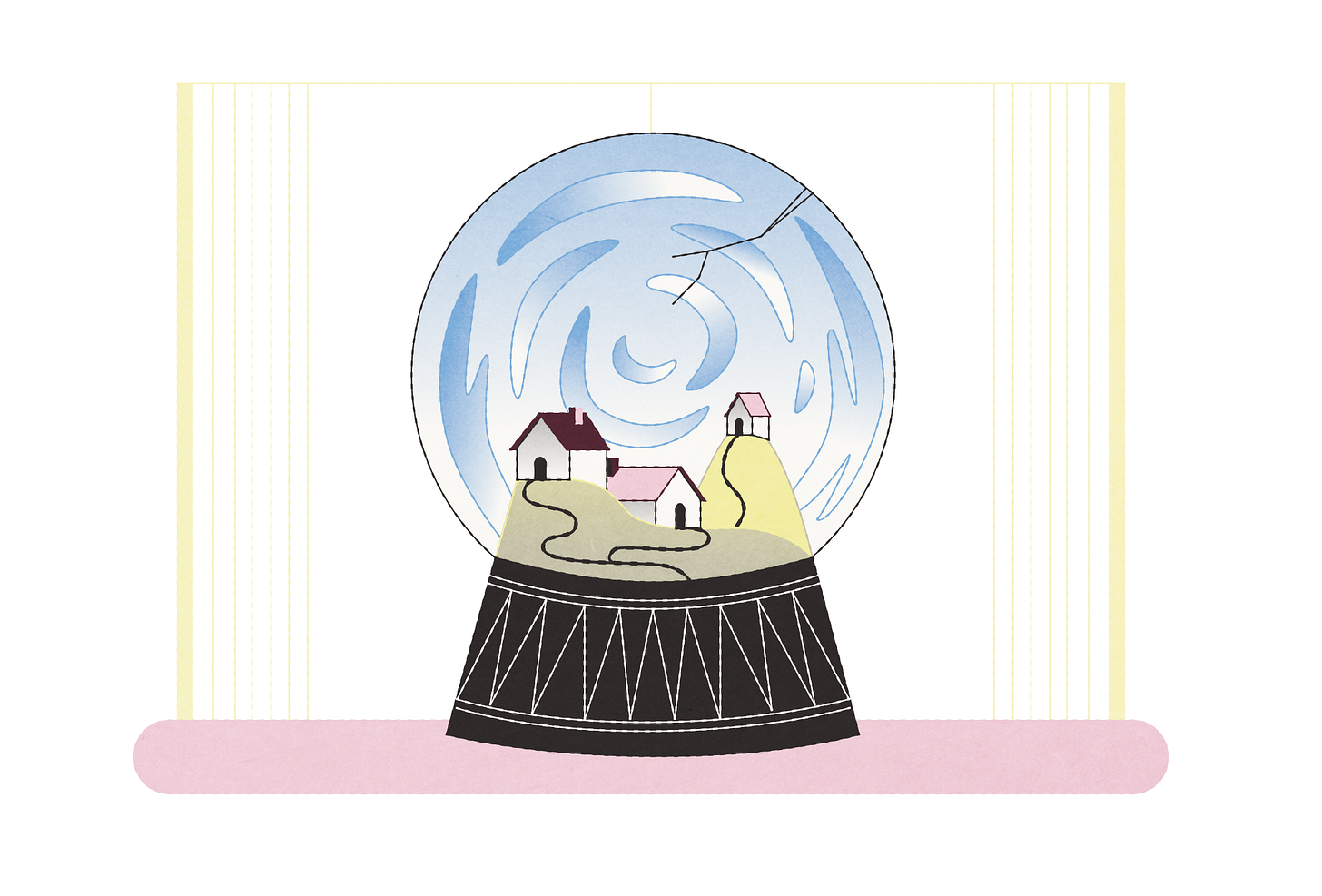Editor Insights: Why Your Story Has to EARN Its Ending
Part 1 of the 'Evaluate Your Work Like an Editor' Series with Steve Chang

Hello, Forever Workshoppers! Welcome to the How to Evaluate Your Work Like an Editor series.
In these interactive weekly lessons, we’ll explore what editors wish writers knew about revision and craft. So come play along and get behind-the-Submittable insights that will transform your work.
By the end of November, you’ll have a brand new perspective on editing, as well as a range of practical tools and techniques to help level up your writing.
A Brief Introduction
Hi, I’m Steve Chang, co-founder of writers community Lit Match Collective and fiction editor at Okay Donkey. And when I put on my editor hat — yes, it’s got a tiny propeller — I don’t read like a reader. Nor like a writer.
I do something much weirder.
Of course I evaluate work holistically, organically, gluten-freely, etc. but I also treat texts like information delivery systems—sequences of potential stimuli to slot in or out, all crafted to elicit specific responses at specific story junctures.
I am a very fun and normal person.
In this four-part series of chats, I’ll be sharing pre- and post-revision versions of pieces published at Okay Donkey. I’ll talk through how I read and think about fiction, Q&A with the writers, and share some juicy craft tips. (Are you nerds for craft? #Same) I’ll signpost questions and instructions so you can roleplay as editors too. Kind of like Dungeons & Dragons. But cool 😎
Here’s what we’ll cover:
Lesson 1: Why Your Story Has to EARN Its Ending
Lesson 2: Make Us Care About Your Characters
Lesson 3: What’s Your Narrator’s (Secret) Agenda?
Lesson 4: Drive Your Narrative with Cause & Effect
We ready for chat #1? Let’s go.
If you’re not already a paid subscriber, upgrade now to access ALL the editing workshop lessons:




